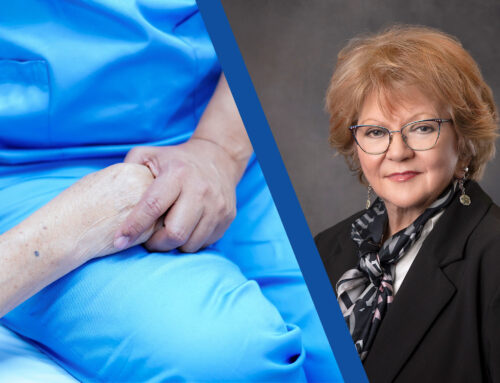Each June, Alzheimer’s and Brain Awareness Month brings global attention to one of the most pressing public health challenges of our time: Alzheimer’s disease. For over 40 years, this annual observance has united communities, caregivers, healthcare professionals, and organizations to promote Alzheimer’s awareness, encourage early diagnosis, and highlight the urgent need for a cure.
This year’s theme, “Take Charge of Your Brain Health Today,” reminds us that it’s never too early or too late to make choices that support lifelong cognitive wellness. Whether you are living with memory concerns or helping a loved one, now is the time to learn about brain health and take proactive steps.
Understanding Alzheimer’s Disease
Alzheimer’s disease is the most common form of dementia, accounting for almost two-thirds of all dementia cases. It is a progressive disorder of neurological nature that gradually destroys memory, cognitive function, and the ability to perform everyday tasks. Despite medical advancements, Alzheimer’s still has no cure, and its impact on patients, families, healthcare systems, and everyone involved continues to grow.
Globally, more than 55 million people live with dementia, and in the United States, over 6 million are affected by Alzheimer’s disease. Every 65 seconds, someone nationwide develops this condition. In addition to patients, over 16 million Americans serve as caregivers for loved ones living with dementia, often shouldering emotional, physical, and financial burdens.
Progression and Symptoms: A Complex Spectrum
Alzheimer’s does not follow a uniform path. Each patient’s journey is unique, but most will experience hallmark symptoms, including:
As the disease progresses, individuals become increasingly dependent on others for care, leading many families to consider Alzheimer’s home health care or even hospice care for Alzheimer’s patients as the condition reaches its most advanced stages.

Stages of Alzheimer’s Caregiving
Caring for someone with Alzheimer’s is a long-term commitment that evolves over time. The disease typically unfolds in three distinct stages, and caregiving strategies must adapt accordingly:
When to Consider Hospice Care for Alzheimer’s Patients
Hospice offers compassionate, end-of-life care addressing everyone’s physical, emotional, and spiritual needs. However, many families struggle with knowing when an Alzheimer’s patient is ready for hospice.
Here are common signs that may indicate it’s time to explore hospice care for Alzheimer’s patients:
Qualifying for Hospice with Alzheimer’s
To access hospice care, patients must meet specific eligibility criteria. Generally, a patient with a prognosis of six months or less may be eligible, as determined by a physician. Qualifying for hospice with Alzheimer’s typically includes:
- 1
Severe cognitive decline, such as a FAST (Functional Assessment Staging Tool) scale score of 7 or higher.
- 2
Loss of ability to speak more than six words or walk without assistance.
- 3
Co-occurring conditions like pneumonia, infections, or pressure ulcers.
Hospice focuses on symptom management and supports caregiver well-being, offering respite care, grief counseling, and 24/7 access to nursing care.

A Timeline to Know
Many families ask about Alzheimer’s dementia life expectancy. On average, patients live 4 to 8 years after diagnosis, though some may live as long as 20 years. Life expectancy depends on the individual’s age at diagnosis, overall health, and coexisting medical conditions.
Late-stage Alzheimer’s can last several months to years. During this time, the focus should be comfort, dignity, and enhancing quality of life. Alzheimer’s home health care and hospice services can play an essential role in meeting those goals.
The Role of Alzheimer’s Home Health Care
For families not ready for hospice or looking to supplement care, Alzheimer’s home health care can be a practical option. Home health agencies provide skilled nursing, occupational therapy, and personal care assistance in a familiar environment. This approach allows patients to remain at home safely while receiving the care they need, often educating them about the benefits of a better quality of life.
Why Alzheimer’s Awareness Matters
Alzheimer’s and Brain Awareness Month is more than just a campaign; it is a call to action. It is an opportunity to educate communities, fight stigma, and inspire hope. Wearing purple, sharing your personal story with #ENDALZ, or donating to Alzheimer’s research all contribute to the fight.
Most importantly, this month encourages us to get serious about brain health. “Take Charge of Your Brain Health Today” is not only a slogan but a lifestyle shift. Start by:
Take Action and Make a Difference
Your voice and actions matter whether you are your caregiver, medical professional, or advocate. During Alzheimer’s Awareness Month, commit to spreading Alzheimer’s awareness, supporting affected families, and urging policymakers to fund more research and support services.
The fight against Alzheimer’s is ongoing, but with compassion, education, and advocacy, we can make lasting change. Together, let’s honor those we have lost, support those still fighting, and work toward a future without Alzheimer’s.




